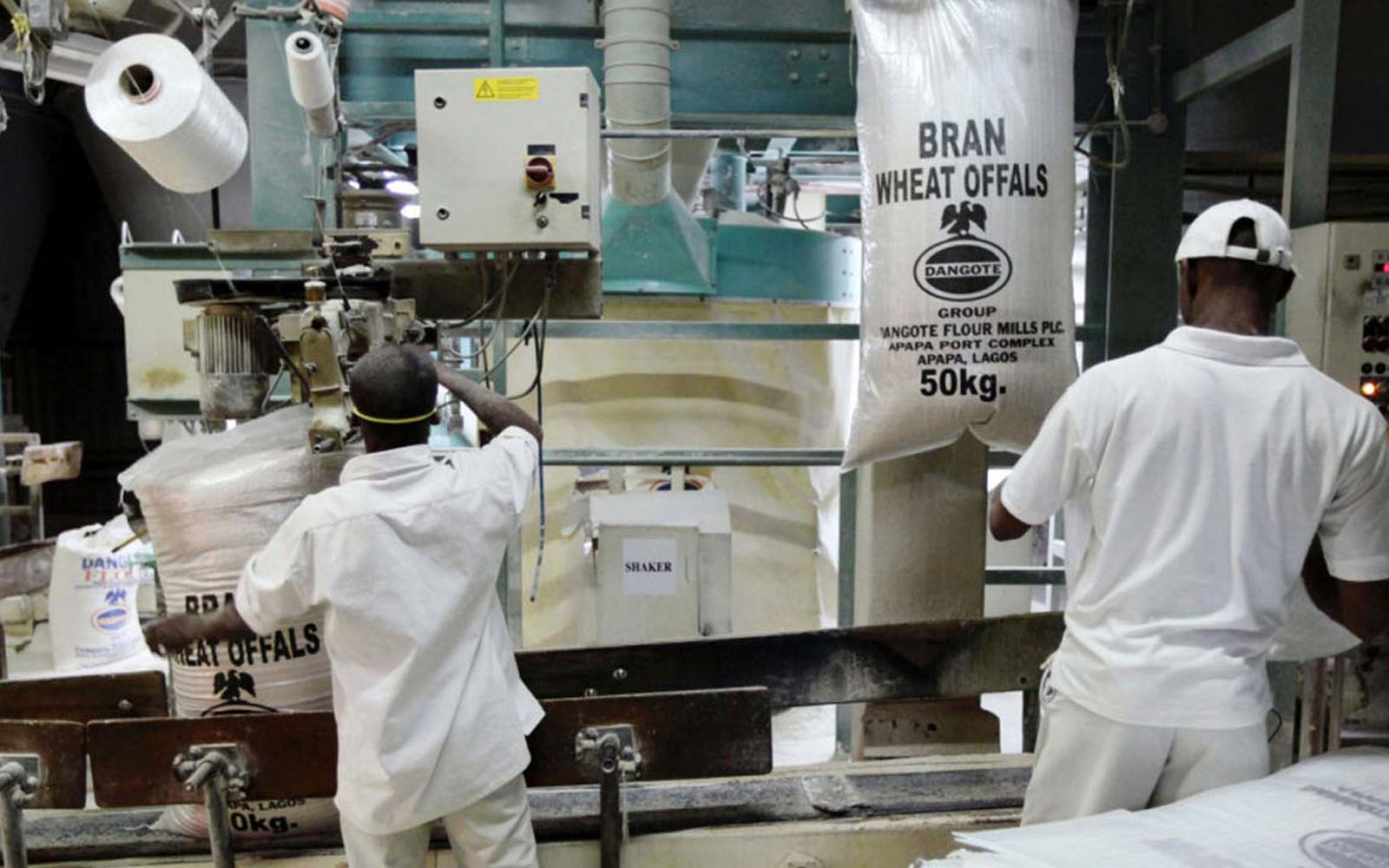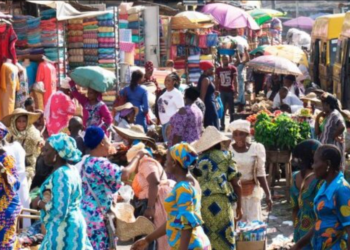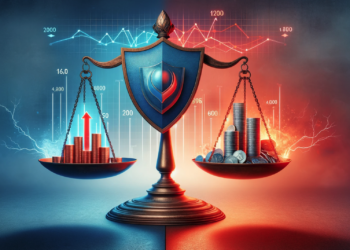The manufacturing sector is arguably the backbone of most economies around the world. Nigeria is no exception. But stakeholders say that there are macroeconomic, institutional and structural issues that have bedevilled the sector over the years, which, some people believe are largely being glossed over by the major presidential contenders in the coming election.
Dr Muda Yusuf, the Chief Executive Officer of the Centre for the Promotion of Private Enterprise [CPPE] spoke with Nairametrics on these issues.
Enjoy the conversation.
NAIRAMETRICS: What is the state of the manufacturing sector, and how can it be revived?
Dr Muda Yusuf: The manufacturing sector is part of the larger economy. There are macroeconomic issues that are cross-cutting such as the foreign exchange crisis, high-interest rates, and mounting inflationary pressures; and there are institutional problems such as the ports’ documentation and the exorbitant and unofficial transaction costs with the customs and numerous regulatory agencies.
There are also structural issues like energy, cost of electricity, transportation cost, and other logistics. These are wide-ranging issues impacting manufacturing very adversely. They affect not just manufacturing, but practically all sectors to varying degrees. So, it’s not often easy to isolate manufacturing in this conversation.
The bigger issue about making the economy productive should be ‘how to strengthen the productive capacity of the economy to be competitive across all sectors?’ So, it includes the macroeconomic issues like exchange rates – what are the pathways to ensure the exchange rate is stable and accessible to investors and devoid of current corruption? It includes power – what is the strategy to deliver power to all? Investors across the sector are bearing the prohibitive cost to generate power.
NAIRAMETRICS: What are the infrastructure issues?
Dr Muda Yusuf: You need transportation. You need a rail system that will enable manufacturers to move their raw materials from the ports to their factories or move their finished goods from their factories to other parts of the country.
So, the whole thing depends on what kind of plan they have to strengthen infrastructure. You cannot make any meaningful impact on production if you don’t address the issue of infrastructure. Most of the candidates just talk in general terms.
It is important to know how they intend to fund infrastructure – because it will cost a lot of money. What kind of reform do they want to introduce to generate more money? What is their strategy to bring the private sector into it? Where it is possible to do so, because the government doesn’t have all the money.
The next administration would be inheriting huge debts. So, the number one thing about fixing manufacturing is to put in place good infrastructure -that will determine how far manufacturing can go, or the extent to which they can recover. When I talk about infrastructure I am talking about power, roads, railways and ports. Those are key.
NAIRAMETRICS: What would you say are the institutional problems?
Dr Muda Yusuf: When you talk to Nigerian manufacturers, one of their biggest headaches is the customs; and I am not hearing anything about customs reforms from any of the leading presidential candidates.
A manufacturer was telling me that to move a container from Apapa to his factory in Agbara, there are as many as three checkpoints at which you must pay N500,000 per container. Imagine the implication of that – not that you are carrying contraband. That is after you have cleared the containers at the ports.
So, institutional problems are there – customs, police, checkpoints, and even some regulatory agencies. So, any candidate vying for the presidency must tell us how he intends to deal with these issues.
NAIRAMETRICS: Could you speak about the macroeconomic issues?
Dr Muda Yusuf: Then you have macroeconomic issues like foreign exchange. Some of the presidential candidates are already clear as to what they want to do; others have been quite cautious and soft on what they would do about fixing the policy problems created by the CBN.
Some of the candidates have been very clear and categorical but others are neither here nor there; they have been very cautious and soft, as far as foreign exchange and the CBN is concerned. But the reality is that the foreign exchange issue is a very big problem because it’s a big racket. Some banks and individuals are favoured in the foreign exchange market. It is given to people who have connections, not people who are efficient as entrepreneurs. The foreign exchange issue is critical to reviving the manufacturing sector.
Then you have a problem with interest rates, which are also very high. So, all those things are very critical to the manufacturing sector. We need to encourage our manufacturers to be more inward-looking – we are too dependent on the importation of raw materials. Look at our forex allocation for raw materials. Close to 30% of it is going to the importation of raw materials – you can’t sustain the manufacturing sector for long in that way.
So, what is the strategy for backward integration? And for good backward integration, you have to support the heavy industries that form the backbone of the sector – that is iron and steel to support the auto industry, the building and fabrication industry need a lot of steel.
Then we need a viable petrochemical industry to produce polypropylene and other raw materials for plastics and related industries, chemical products and a lot more that are used in manufacturing. We also need a very good pulp and paper industry for stationery and for industries that do packaging. Then we need aluminium smelters to support people who are in the wire and cable industry. These things are fundamental in supporting backward integration. I don’t know any of these candidates that have such plans.
NAIRAMETRICS: What do you expect of the next president?
Dr Muda Yusuf: I don’t expect all the candidates to have a deep knowledge of everything, but what I am hoping is that they will be able to assemble a very good team that they would hopefully listen to. Because if you have a president who has a patronage disposition, technical economic advice would not matter to such a person. I am worried that many of them have spent a fortune on these campaigns and they would want to recoup their ‘investment’.
Those who don’t have the money have sponsors. So, if you have too much of that, the quality of economic policies may be affected. There is always the risk of state capture. But if the new government puts a good team together and allows them to work, we may be heading in the right direction.




















